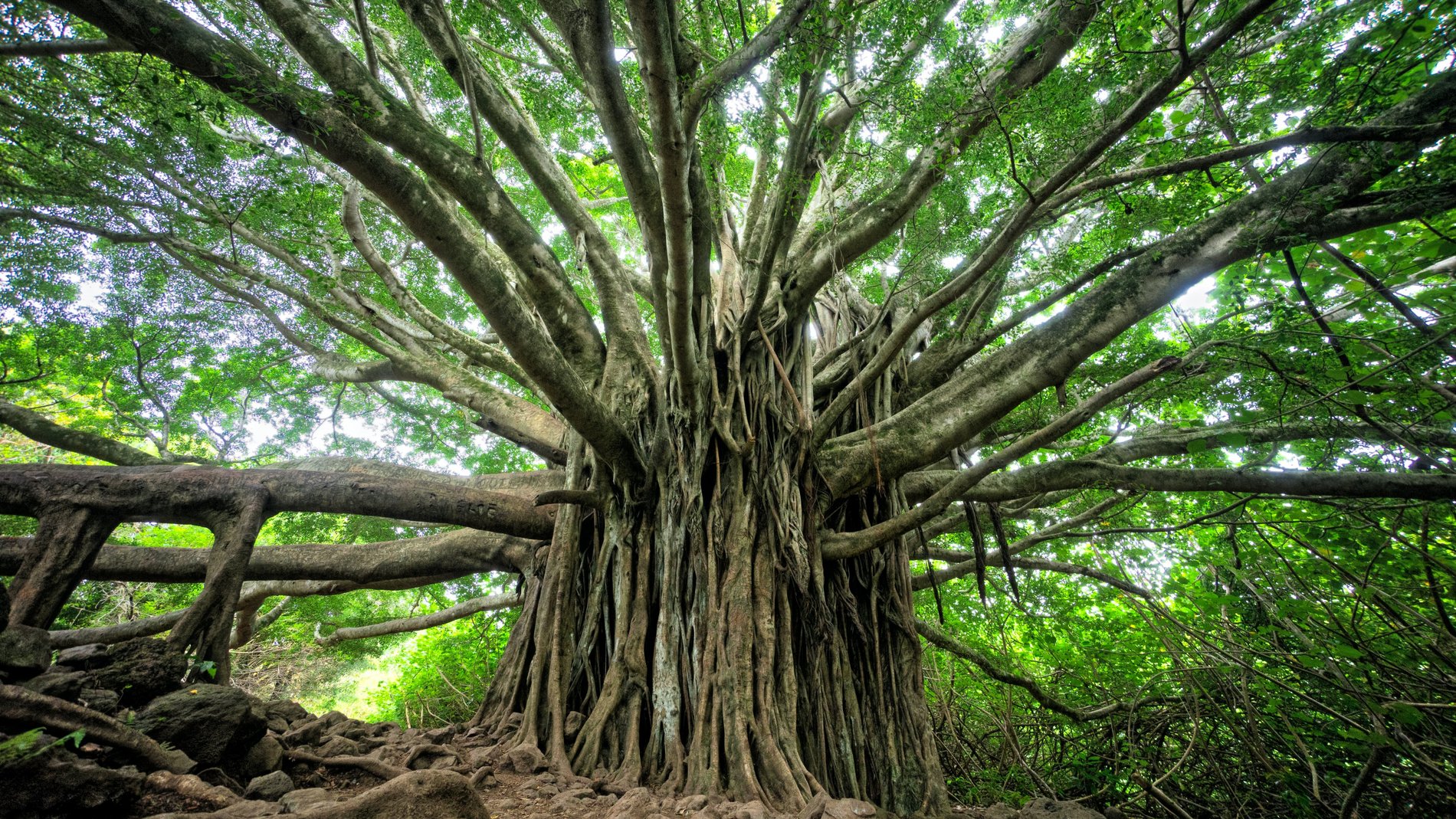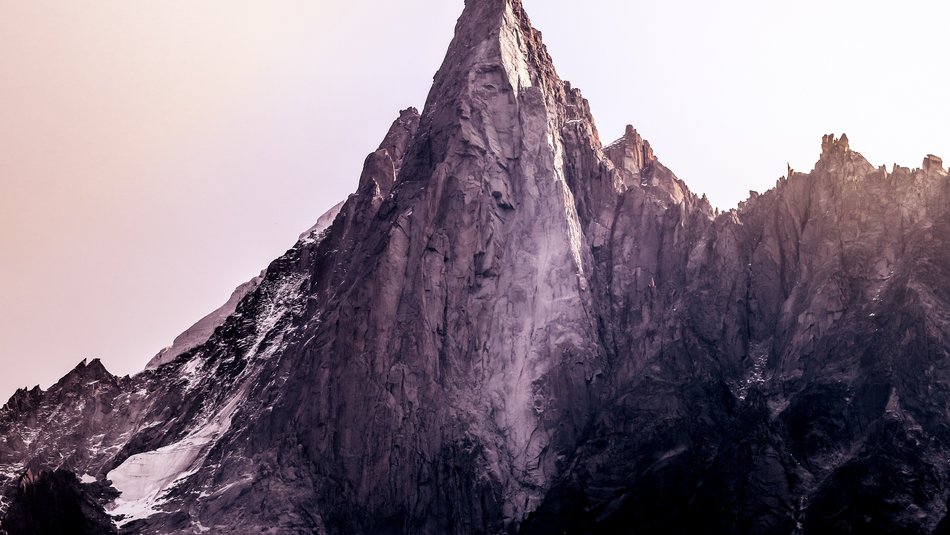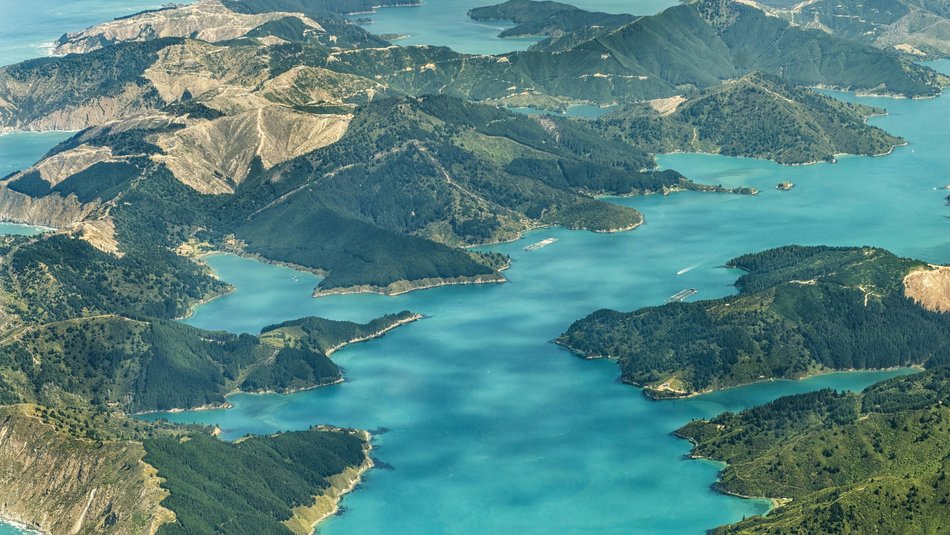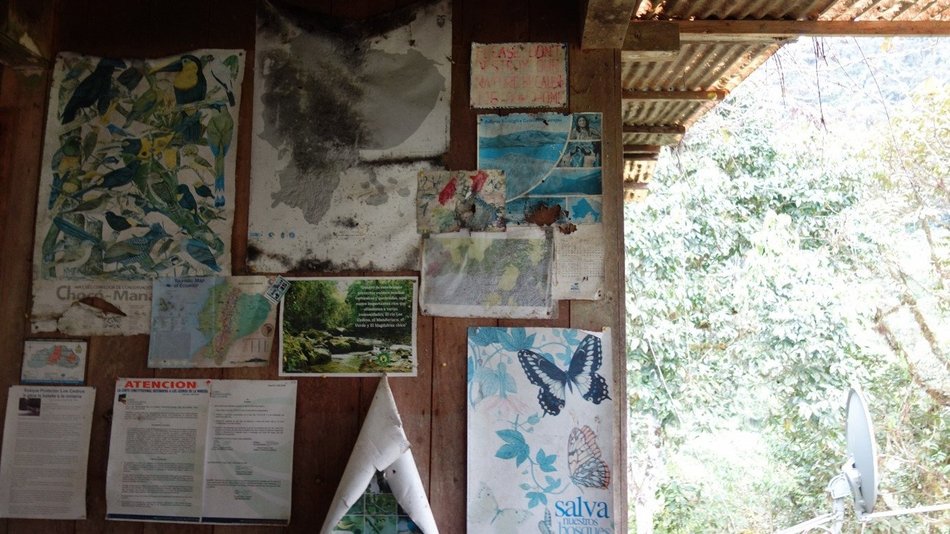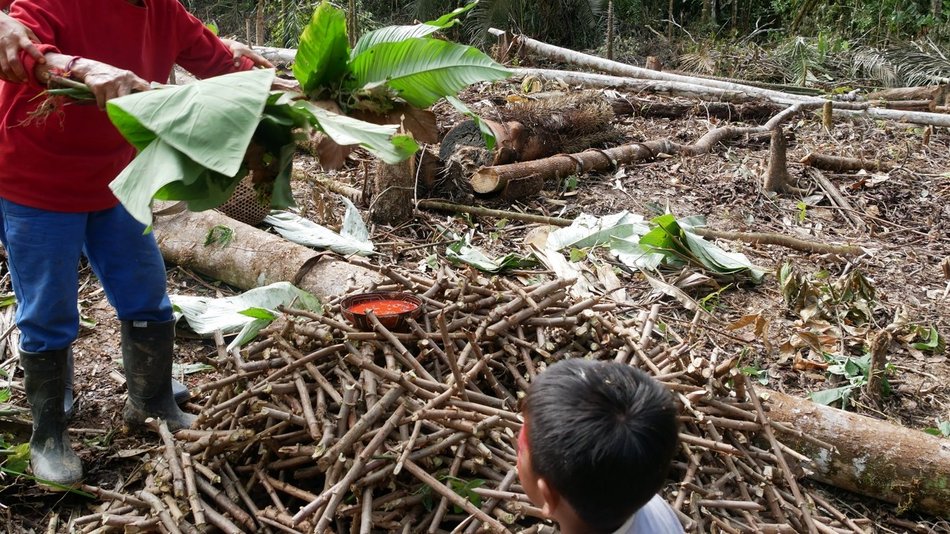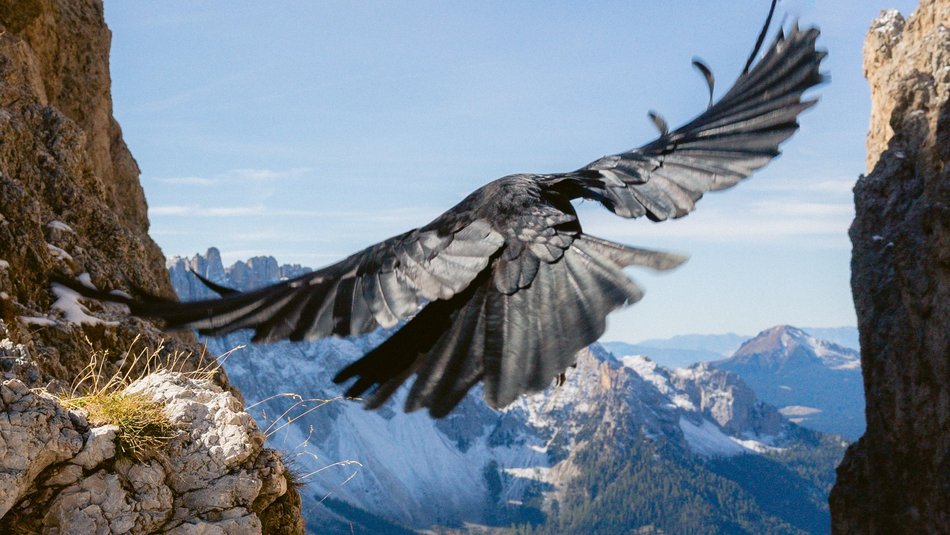Introduction
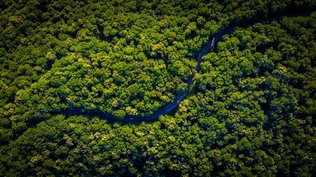
by Imke Horstmannshoff & Barbara Unmüßig
We have long since exceeded the boundaries of this planet: the climate catastrophe is a reality, ecosystems and biodiversity have sustained lasting damage, we are overexploiting soils, deforesting the land and overfishing the oceans, and in every part of the planet, microplastics can be found, with all their havoc for human, plant and animal health.
The climate catastrophe and the massive loss of biodiversity are only the most accentuated expressions of massively disturbed human-Nature relationships.
It has been clear for long: to face these challenges, profound economic, social, institutional and cultural changes are needed.
Utopia and legal practice
'Rights of Nature' are one of several such projects with a potentially transformative effect on human-nature relations. To many, the idea of recognising natural entities - just like people, but also organisations and companies - as legal entities and thus acknowledging or "granting" them rights may seem absurd or utopian. However, it already represents an existing legal practice in many countries around the world.
In its most functional dimension, Rights of Nature are a means to counteract the current imbalance of power between human and economic interests - as substantiated by law - on the one hand, and those of ecosystems and non-human beings on the other, and to achieve more effective protection of the environment, ideally 'on its own terms'.
Local and global movement
Around the world, a wide range of actors from the Global South and North are campaigning for this idea, on local to transnational levels: from representatives of indigenous peoples to lawyers and scientists to activists as well as - where Rights of Nature are already in place - state institutions. Their potential 'clients': Rivers, mountain peaks or entire ecosystems, from the Ecuadorian cloud forest to New Zealand's Whanganui River to Bavaria's 'natural environment'.
How can Rights of Nature be implemented, and where are they already in place? Who is campaigning for them around the world? What fundamental questions and tensions arise?
And how do we foster productive debates on Rights of Nature today? In collaboration with actors from around the world, we have compiled insights from current Rights of Nature debates, case studies and initiatives. We aim to provide some answers to the above questions, as well as to spark many more.
Imke Horstmannshoff is a researcher, writer and activist for social-ecological change in Europe. Her work around Rights of Nature includes workshop design, coordination and facilitation of workshops, as well as of the online dossier on Rights of Nature. With degrees in Cultural and Global Studies, she is currently preparing for a PhD on Rights of Nature in Europe.
Barbara Unmüßig is a political scientist and publicist, and co-founder of numerous networks and organizations (German Institute for Human Rights, Forum Environment & Development). As a board member of the Heinrich Böll Foundation (affiliated with the German Green Party), she has been shaping the foundation's international and feminist work for over two decades until 2022.

